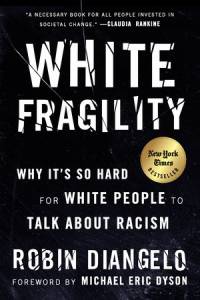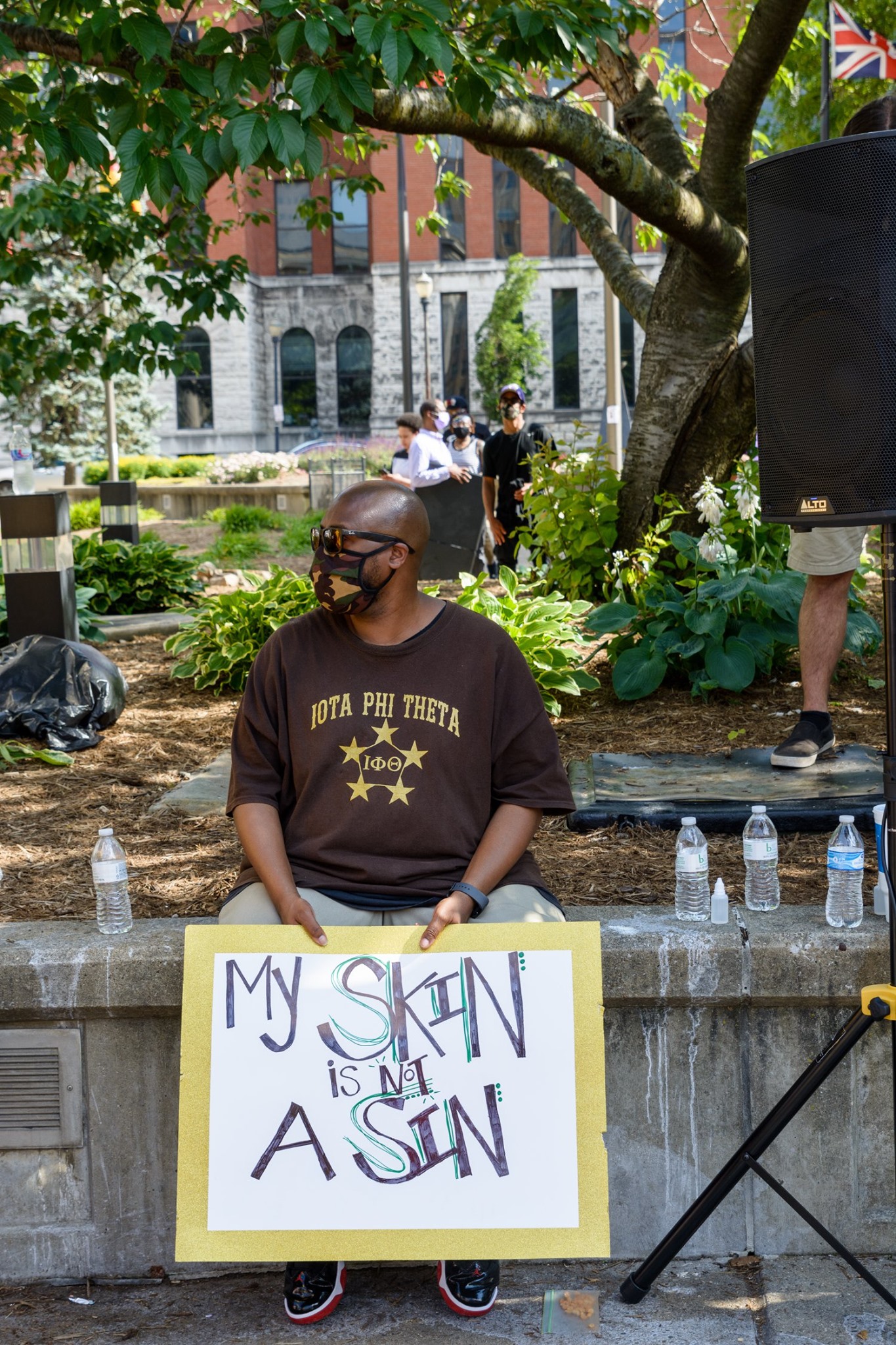 As part of the Presbyterian Hunger Program, Sustainable Living and Earth Care Concerns purposes to accompany Presbyterians reflecting on decisions as an extension of their faith and values. As a staff we remember our own need for faithful discipleship through continuous education, questioning and discovery. Most recently we have done that by reading the book White Fragility: Why It’s So Hard for White People To Talk About Racism. The New York Times best-selling book explores the reactions of white people when challenged around race and how these reactions maintain systems of racial inequality.
As part of the Presbyterian Hunger Program, Sustainable Living and Earth Care Concerns purposes to accompany Presbyterians reflecting on decisions as an extension of their faith and values. As a staff we remember our own need for faithful discipleship through continuous education, questioning and discovery. Most recently we have done that by reading the book White Fragility: Why It’s So Hard for White People To Talk About Racism. The New York Times best-selling book explores the reactions of white people when challenged around race and how these reactions maintain systems of racial inequality.
Jenny Oldham began working with the Presbyterian Church (U.S.A.) in 1997 and as a support staff member with Presbyterian Hunger Program in 2015. She says that while she is glad to have been able to serve for many years in the ministries of Compassion, Peace and Justice, she feels that she has received perhaps more than she has given. “God has put me on a journey, and I am grateful to the people and the programs of the PC(USA) that have helped to build my understanding, awareness, and skills.”
Recently Jenny shared some thoughts after reading this book.
I respect the calling of police officers – to serve and protect, and there are many who carry out that job with grace and care for many years. They, and other emergency workers, deserve and have my gratitude. But today I read of another man who has been killed at the hands of officers under the guise of their duty. I don’t watch the news, so I read about it only today, even though the event happened in Minneapolis on Monday. I didn’t know George Floyd, and I don’t know the whole story behind what led up to the killing. But I believe that his life was valuable enough that he didn’t deserve to be treated with such force that his life was taken from this world. And I am certain that if he had been a white person, he would have been treated differently.

Photo Credit: George Smithers, Bee and Gee Photography, Louisville, KY
Growing up, I was unaware that racism was still alive in our country. But over the last dozen years or so, I’ve been allowed to listen and learn and begin to recognize it. It’s here. It’s ugly. And it’s gut-wrenching when it takes a life, like it did again this week.
As part of my work life, I’ve been reading a book about how racism is not just a personal choice of those who outwardly treat black people with disdain, but how it is a system that began many years ago in our land and that is widespread, so much that we don’t often recognize it. I suspect I would have seen it much sooner if I had been born with darker skin, or spoke with an accent.
With so many others right now, I grapple with the question of how I can help change things.
How can I articulate that not only was slavery wrong “back then,” but that today in our society, the wrongs of inequality and hate are still present. How can I help make that unacceptable?
How can I share that caring for life isn’t limited to caring for the unborn and the aged – it also means caring for people no matter the shade of their skin, or where they were born?
I pray the Lord’s prayer, including “Thy will be done on earth as in heaven,” When we stand up from our knees, how can we be so short-sighted? In heaven, we will stand together – people who walked the earth in skins of different colors, people who crossed earthly borders seeking refuge, people the world discounted. How can I say this prayer, and then remember to live like it matters – now?
Lord, help us be a people of care. Not blind to colors, but celebrating them. Not blind to injustice, but willing to confront it.
PHP understands that ending hunger and poverty can only happen by creating just economic policies and healthy, equitable food and farming systems. We believe that dismantling systemic racism is a central component of this work. Tips for what allies can do from ‘Black Lives (Still) Matter’?
The work of the Presbyterian Hunger Program is possible thanks to your gifts to One Great Hour of Sharing.